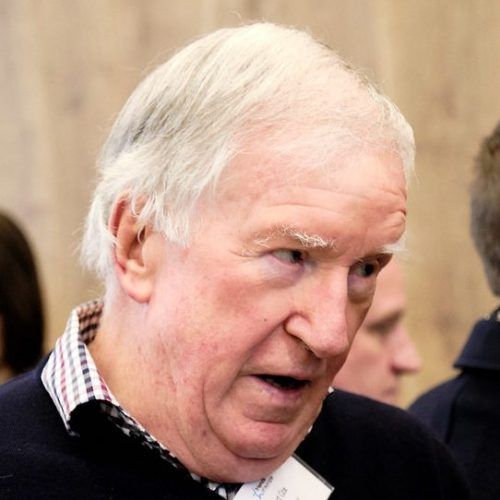Refugees: a stolen resource
#CriticalThinking
Senior Advisor to the European Community Humanitarian Office (1993-1998) and former European Commission Representative to Turkey
Reversing Europe’s demographic decline is a key domestic argument for encouraging refugees to settle in Europe. But amid the cacophony over European attitudes to the flood of refugees from the Middle East and beyond, it scarcely gets mentioned that among these refugees are the human resources vital to having any chance of reconstructing society and polities in the Middle East and elsewhere. And Europe can have a direct role in ensuring these skilled individuals bring their war-torn regions a better and safer future.
There is an analogy for this situation in which a European patient is being treated by a doctor originating from Afghanistan, imported to fill the shortage of skilled European medical manpower. Few European patients, if any, are aware that in Afghanistan there are 3 doctors for every 10,000 citizens. Europe’s “shortage” finds the figure nearer to 3 per 1,000.
The argument rages on as to whether refugees are seeking a better economic future, fleeing from hopelessness in failed states, or escaping from war and violence. Few reliable statistics are available. But it is clear that the overwhelming bulk of these refugees are young, and many of them have professional qualifications. So to the massive physical and moral destitution of refugees’ countries of origin is now added a great haemorrhage of precisely those talents and skills that are essential for the resurrection of damaged societies. And this haemorrhage will go on for the foreseeable future. While the European Union, its member states, local authorities and humanitarian agencies struggle to provide for the immediate needs and resettlement of refugees, it is worth starting to look at rehabilitating selected refugees who have the skills needed to put the pieces together again in their countries of origin.
The EEAS is currently in the middle of a strategic review. No one has any illusions about the scope of the European Union to help engineer peace and stability in the Middle East, with all the complex components involved. But somewhere in a European policy revamp towards the Middle East there should be room for an element of earmarking and training young leaders for the rehabilitation of their countries when circumstances better permit. Certainly, there is always a danger that these young people will suffer from being labelled back home as stooges of European imperialism. But such a programme is worth a try. Incidentally, it would also provide a signal for Europe’s own nervous citizens that the EU is not only trying to cope with the tidal wave of immigration, but is also looking constructively towards a future where Middle Eastern and other refugees may find enticement to return.
Stay informed
